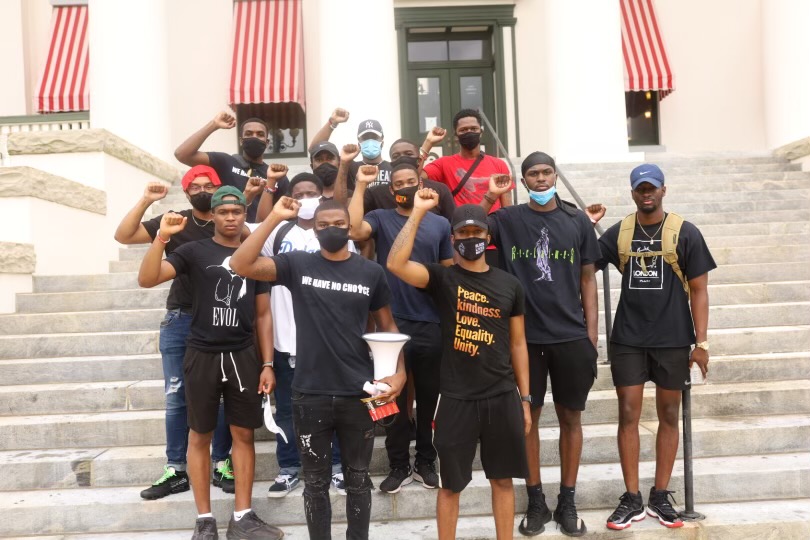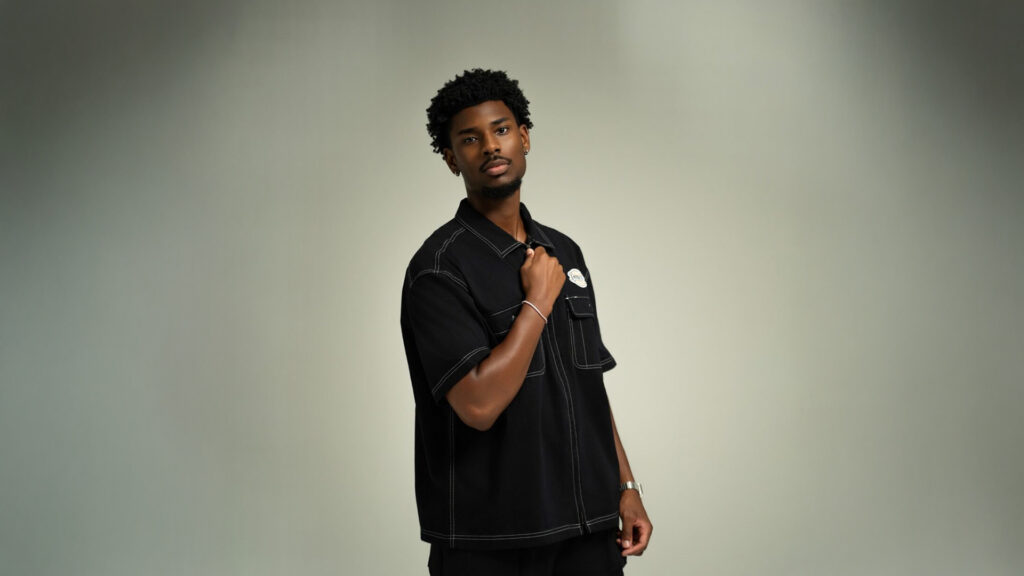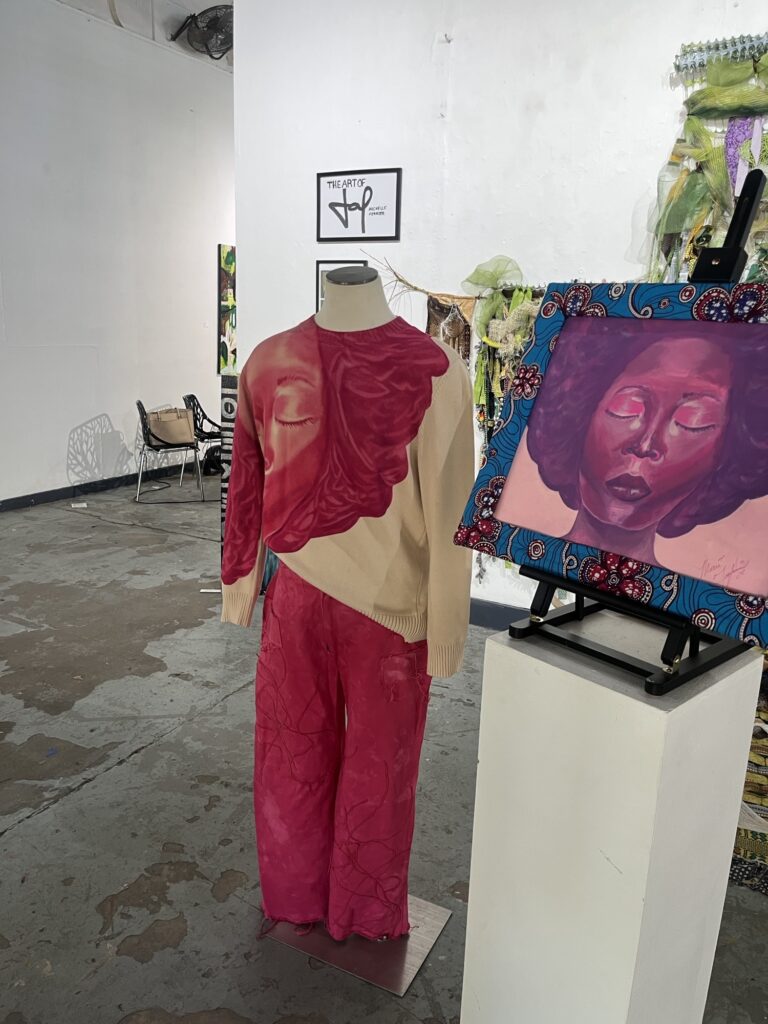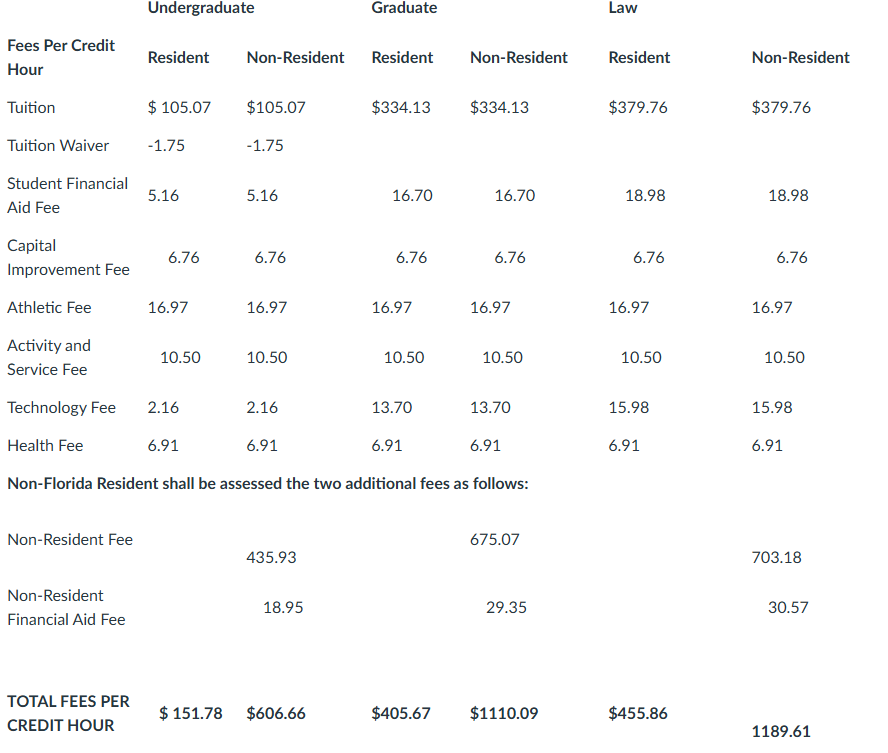As 2020 progresses, the world seems as if every day people are fighting to stay alive. Whether it’s COVID-19, racism or police brutality, everybody is fighting to survive some type of battle. Athletes all across the world are using their platform to speak up about injustices in this country. Most Black athletes feel as if even though they’re praised for their athletic abilities, without equipment they are a target to the everyday inequities of this country.
For Black people in America, playing sports has always served as a safe haven. However, once the jersey comes off they go back into survival mode — fighting to find a way to live comfortably in their own skin color.
Black Division I athletes in the collegiate world believe they are more than the sport they play. Their roles in the classrooms and their communities are continuously overlooked and some say enough is enough.
“I have some fans that want to make sure I’m doing well outside of football but there are some fans who don’t care after game day.”
According to a 2018 study by the University of Southern California Race and Equity Center, Black men account for 2.4% of undergraduate students enrolled at 65 NCAA Division I universities but compromised 55% of football teams and 56% of men’s basketball teams on those campuses.
Otis Anderson Jr., a graduate student and running back at the University of Central Florida, says some people value his life when he’s on the field, but not always when he’s off.
“Some people value the African American life, especially when you’re an athlete. Some people could care less about you when you’re off the field. I’ve experienced both ends of that. I have some fans that want to make sure I’m doing well outside of football but there are some fans who don’t care after game day,” Anderson said.
Efforts to get others to care about African Americans outside of sports is a struggle many face everyday. Many individuals have used Black athletes for their talents, while profiting off of it all.
“Black lives don’t only matter when sports are involved.”
A study conducted by the National Bureau of Economic Research showed that the money generated by NCAA football and basketball programs, of which the majority of players are Black Americans, pays for the salary of coaches and administrators.
Mike Abudu, a senior track star from Bethune Cookman University, says sometimes Black lives don’t matter on the field either.
“Black lives don’t only matter when sports are involved. That is a big misconception that many people have. Regardless of what you are doing, Black lives should always matter,” Abudu said.
For many Black college athletes, realizing their athletic abilities could take them farther than their skin color was a big pill to swallow.
“I noticed my athletic abilities could take me further than my skin color when I started touring colleges. Once I stepped on campus and they knew I was an athlete, they loved me. They welcomed me with open arms but they aren’t trying to help me with academics,” said Ryian Freeman, a senior track star at Bethune Cookman University.
Though Black athletes are not always applauded for their great work in the classrooms, studies have shown an increase in graduation rates amongst Black athletes by 21 percent since a 2002 poll.
Anderson expresses he has been using this time to focus more on the person he wants to be post graduation.
“I am a part of a group on campus called ‘Men of Integrity’ and lately I’ve been trying to hone myself and become a better person as a whole,” Anderson said.
Black athletes proving day in day out why they are more than their athletic abilities is becoming tiresome. Instead of using African American bodies as a source of revenue, Black athletes are hoping to be valued as regular human beings.
Black athletes want to be remembered everyday not just on game day.














